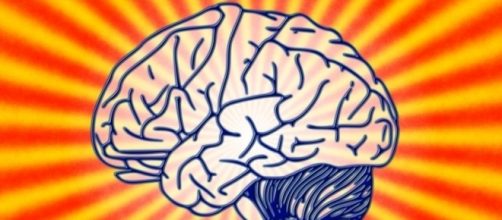Anti-aging researchers at Stanford University in California have made a potentially exciting breakthrough in terms of potentially rejuvenating aging Human Brains. Led by regenerative scientist Tony Wyss-Coray, the team wanted to see what exact factors in young blood caused a return to youthful function, and focused on the hippocampus of the brain. They wrote about their findings in the scientific journal, Nature.
What did they discover?
The Stanford anti-aging researchers reported that they have discovered a "restorative factor for the aged hippocampus." This so-called restorative factor is a protein named tissue inhibitor of metalloproteinases 2, or TIMP2.
This protein is found in the blood of young humans, but is found in large quantities in umbilical cord blood.
Umbilical cord blood is collected when babies are born because of its ability to fight disease. It is capable of treating over 80 known diseases, like blood cancers, sickle-cell disease, thalassemia, and a host of others. Said blood is also a rich source of a lot of known regenerative substances, like hematopoietic stem cells that are found in bone marrow. TIMP2 could give umbilical cord blood yet another important use.
The effects of TIMP2
The anti-aging researchers at Stanford used mice that were roughly the same age as a 70-year-old human. To prevent fatality in the mice, the researchers used mice bred to have immune deficiency so that they could isolate the protein they needed from the umbilical cord blood.
This ended up being TIMP2, which they could isolate and test in normal mice.
They injected the mice with three doses of the human umbilical blood and it produced many notable effects in the mice. A host of dormant genes in the brain woke up due to the injections. They also caused a region of the brain critical to memory to improve, as it increased the flagging of synapses in the hippocampus region.
The injection also increased the performance of these mice as they went through memory and learning-based tasks.
Another set of mice got injections with the blood of humans who were in their early twenties. They only received some of the improvements that the umbilical blood mice had and they were on a more modest level. The last set of mice got injected with the blood of healthy people in their sixties and saw no improvement at all. Wyss-Coray said that this study is a long way away from showing that this could work on human brains, but he did say that it is an important gateway for potential use in the future.


